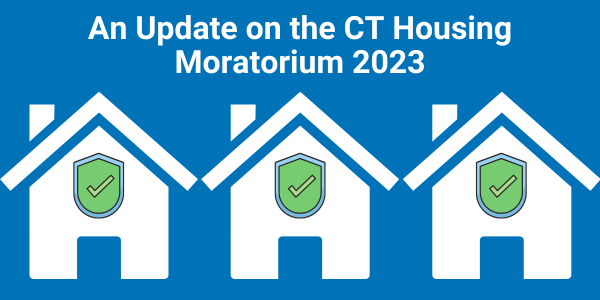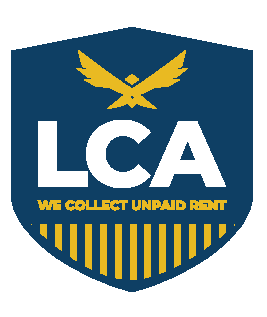The proposed Connecticut eviction moratorium for 2023 is a major threat to landlords and property owners. The bill, SENATE BILL 004, would establish a winter eviction moratorium from December 1, 2023 to March 31, 2023. The bill would also increase funding for the rental assistance fund.
The bill is a clear example of government overreach. Landlords should have the right to evict tenants who are not paying rent. The moratorium would prevent landlords from collecting rent that they are rightfully owed. This would put a financial strain on landlords and could force them to sell their properties. As history has shown, eviction moratoriums are particularly detrimental to Mom and Pop landlords.
The bill would also have a negative impact on the rental market. The moratorium would make it more difficult for landlords to find new tenants. This would drive up rents and make it harder for people to find affordable housing.
The impact of an eviction moratorium on tenants can be complex and multifaceted. While an eviction moratorium aims to provide temporary relief and protect vulnerable tenants during challenging times, it can have unintended consequences that may not be favorable for tenants in the long run. Here are a few reasons why an eviction moratorium can be considered challenging for tenants:
- Rental Arrears Accumulation: With an eviction moratorium in place, tenants facing financial difficulties may choose to defer or withhold rent payments, assuming they cannot be evicted during the moratorium period. This can lead to significant rental arrears, making it difficult for tenants to catch up on unpaid rent once the moratorium is lifted. As a result, tenants may face an overwhelming financial burden and potential eviction once the moratorium ends.
- Reduced Housing Options: An eviction moratorium can create an environment where landlords may be hesitant to rent out their properties or accept new tenants. Landlords may be concerned about the financial risks associated with non-paying tenants or the inability to enforce lease terms. As a result, the availability of housing options may decrease, making it harder for tenants to secure suitable accommodations in the future as landlords raise their underwriting requirements to have a new tenant’s application acceptrd.
- Financial Strain on Landlords: Eviction moratoriums place the burden of housing expenses on landlords who still have financial obligations, such as mortgage payments, property taxes, maintenance costs, and utility bills. When tenants are unable to pay rent, landlords may struggle to cover these expenses and may face financial distress themselves. This can have a negative impact on the overall rental market and the quality of housing available to tenants. It will also force local mom and pop owners to sell their property, often purchased by less caring out of town investors.
- Distorted Market Dynamics: Eviction moratoriums disrupt the natural supply-demand dynamics of the rental market. Landlords may be discouraged from making necessary repairs or improvements to their properties due to financial constraints, potentially impacting the quality of housing for tenants. Additionally, the reduced turnover of rental units can limit the availability of housing options, making it harder for tenants to find suitable and affordable homes.
Here are some specific arguments that pro-landlord advocates could make against the bill:
- The bill would violate the rights of landlords to collect rent.
- The bill would make it harder for landlords to find new tenants.
- The bill would be unfair to tenants who are paying rent on time.
- The bill would harm the rental market.
- The bill would make it harder for average tenants to find new apartments
Landlord advocates could also point to the fact that the eviction moratorium is not necessary. The rental assistance fund is already providing financial assistance to tenants who are struggling to pay rent. The moratorium is not necessary to protect tenants, and it would only harm landlords and the rental market.
The proposed eviction moratorium is a bad idea that should be defeated. Landlord advocates of all levels should speak out against the bill and urge their representatives to vote against it.








